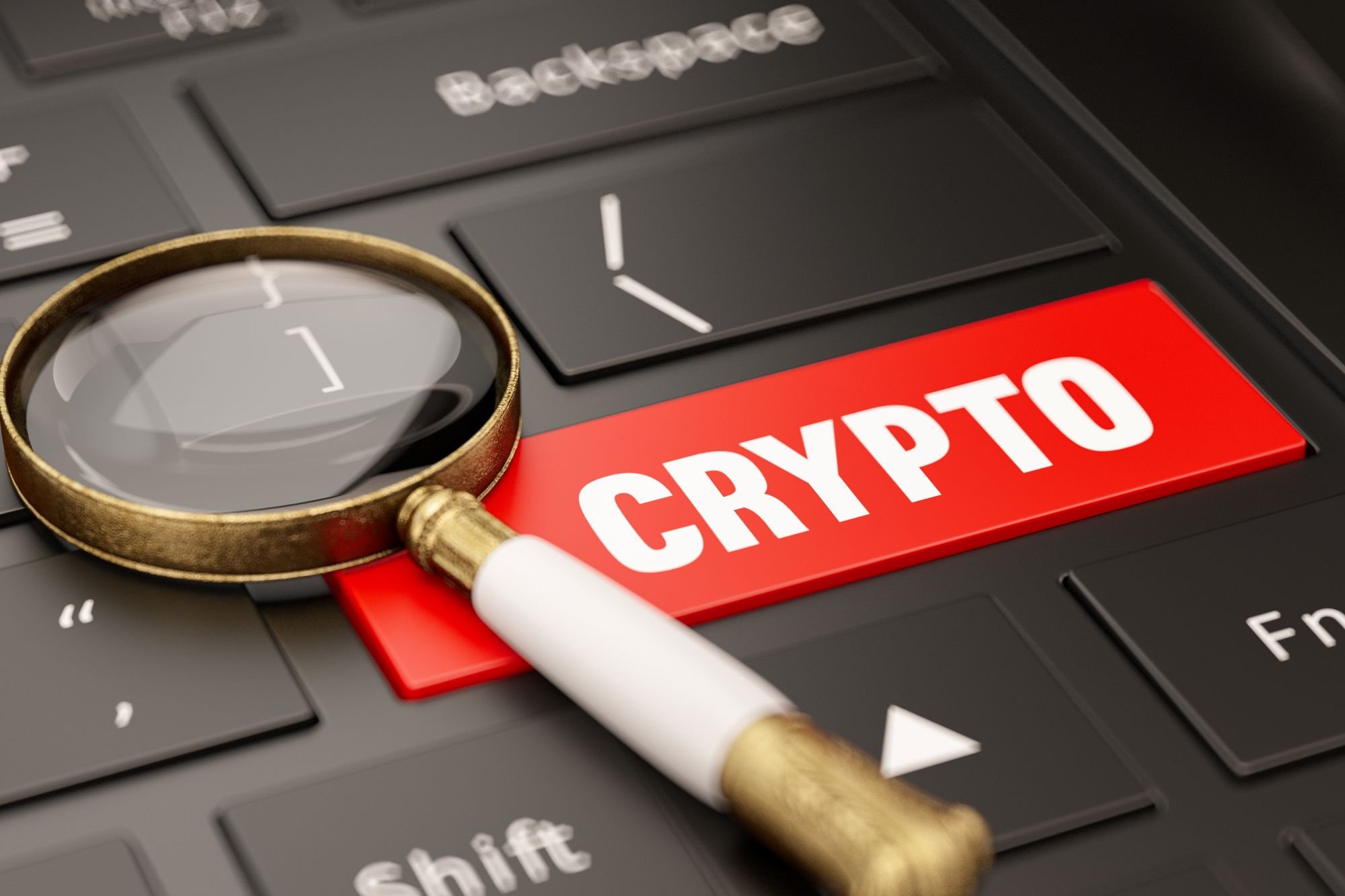When BlackRock (BLK +1.19%) said on Aug. 10 that it has no plans to file for a U.S. spot exchange-traded fund (ETF) tied to XRP (XRP +0.36%) "for now," the headline traveled fast and generated a lot of (largely bearish) buzz.
But if you hold XRP, don't over-interpret a single asset manager's decision. Here are three things in particular that investors need to know about BlackRock's choice in the context of everything that's happening with XRP right now and its development as an tool for cross-border monetary transfers.

Image source: Getty Images.
1. "Not now" does not mean "never"
Large asset issuers like BlackRock tend to design their fund product offerings based on client demand, liquidity, and regulatory clarity.
BlackRock's digital assets lead said in 2024 that client focus was overwhelmingly on Bitcoin and to a lesser extent on Ethereum, which helps explain today's priorities; while Ethereum is doubtlessly a more popular asset today than it was then, the point here is that issuers often deploy their ETF products slowly and reactively if their recent experience suggests that demand will be slack. For the record, both Bitcoin and Ethereum are significantly larger than XRP by market cap, so it also makes sense that BlackRock's customers wouldn't be as interested right away.

CRYPTO: XRP
Key Data Points
But the legal overhang that may have once been prohibitive for financial institutions to consider buying or using XRP has eased.
On Aug. 8, the Securities and Exchange Commission (SEC) ended its legal case against Ripple, leaving a $125 million penalty in place while removing a key uncertainty that had lingered for years. With that hurdle down, asset issuers may find their opinion evolving alongside the crypto sector's market structure and demand.
So, it's important to recognize that BlackRock is displaying caution on its timing, not a permanent rejection of XRP as an asset.
2. Other XRP ETF proposals are in the pipeline
BlackRock might be the world's largest asset manager, but it isn't the only one, and many of its smaller peers have already moved forward by filing the necessary paperwork with regulators to offer XRP ETFs.
Bitwise filed an S-1 for a spot XRP product in early October 2024. 21Shares filed its own S-1 in early November 2024. And WisdomTree followed with an S-1 in early December 2024. So, there's still more than one chance for an XRP ETF to get approved.

NYSE: BLK
Key Data Points
Beyond these spot proposals, ProShares filed for leveraged and inverse XRP ETFs in January 2025, underscoring that asset issuers see at least some level of demand across fund formats. Often, these non-spot funds end up getting approved first and then becoming a proof of concept for other issuers to file for spot funds.
The SEC has now deferred several XRP ETF decisions until October as it works through multiple rule changes, which is typical for first-of-their-kind products. Given the Trump administration's overt overtures toward the crypto sector and its reshaping of the relevant regulatory bodies, the eventual approval of at least some of these XRP ETFs is extremely high.
Therefore, an XRP ETF does not depend on BlackRock. Multiple asset issuers are already in line, and investors probably won't need to wait much longer before they can invest.
3. BlackRock's business decisions do not make XRP a bad investment
Strong investment theses do not start or end with a single ETF sponsor.
XRP's investment thesis rests on its utility, favorable policy, and adoption among institutional investors and financial institutions. BlackRock is indeed an institutional investor that is opting not to offer an XRP ETF at this time, but given that its peers are attempting to, the adoption portion of the thesis still mostly holds up. There's nothing that BlackRock has done that would reduce the coin's utility as a vehicle for cross-border money transfers.
Assuming the SEC's current review cadence holds, late October decisions will either open the channel for spot ETFs or sketch out what is missing.
In the meantime, XRP's integration into Ripple's financial backend, which it's marketing aggressively to many different clients for the sake of streamlining their operations, matters more than one brand's strategy.
If ETFs arrive, they are a convenience layer that could broaden access to buying XRP and deepen its liquidity, which could, in turn, incentivize more institutional investors to pile in. If they take longer to get approval, long-term investors can still evaluate utility, partnerships, and on-ledger activity directly -- and all of those dimensions look quite favorable, just like they were before BlackRock announced its decision.







